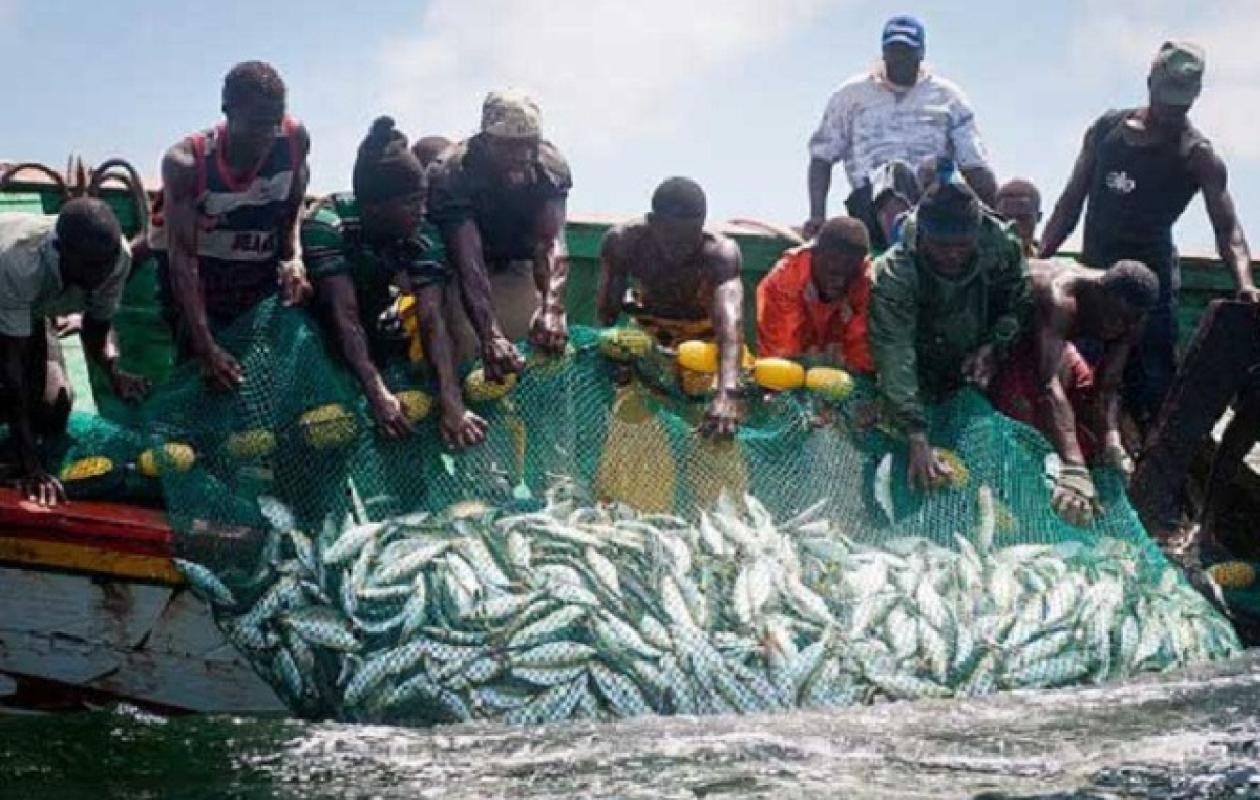
Pêche artisanale : Les acteurs rebondissent sur les décisions du Conseil des ministres
Following the Council of Ministers meeting on Wednesday, November 26, 2025, stakeholders in the artisanal fishing sector in Senegal reacted with vigilance and anticipation. The National Union of Artisanal Fishermen of Senegal (UNAPAS) welcomed the priority given to the fisheries and aquaculture sector but called for concrete implementation of the commitments made by the government, according to a press release.
Indeed, President Bassirou Diomaye Diakhar Faye reiterated that "the preservation and sustainable management of fisheries resources are major guiding principles for the sector's recovery." He specifically instructed the Minister of Fisheries and Maritime Economy to "strengthen the fight against illegal fishing, to systematize biological rest periods, and to consolidate monitoring, control, and surveillance (MCS) mechanisms within the exclusive economic zone."
This was enough for UNAPAS to congratulate the Head of State on his commitment, but to point out that some promises have not yet been fulfilled. Among other things, the document mentions the reduction of industrial fishing to 12 nautical miles, a complete audit of the Senegalese fishing fleet, and the transparent publication of the audit results and evaluations of fishing agreements with the European Union.
"These measures are considered essential to strengthen transparency and accountability in the management of the sector. Artisanal fishers continue to face major challenges: dwindling fish stocks, conflicts with industrial fishing leading to collisions, destruction of boats, damage to engines and gear, and even loss of life," the text reads.
The statement goes on to say that "artisanal fishing, which accounts for more than 75% of national landings, remains a pillar of food sovereignty and must benefit from enhanced protection to ensure a regular and accessible supply of fishery products."
Towards a sustainable and inclusive governance model
UNAPAS supports the presidential will to build a more inclusive and transparent fisheries governance, in accordance with the Charter for Sustainable Fisheries adopted by the National Coalition for Sustainable Fisheries (CONAPED) in January 2024.
For real effectiveness, this ambition must be based on recognized international standards, guaranteeing credibility, visibility and comparability of the Government's results.
To ensure a sustainable recovery, the organization calls for "industrial fishing to be pushed back to 12 nautical miles, the official publication of the results of the fleet audit, the deployment of sustainable fisheries resource management programs, adherence to an international standard of transparency, and the protection and promotion of artisanal fishing professions."
The entity also calls for the rapid implementation of these commitments, to guarantee the sustainability and security of the fisheries sector in Senegal.
Commentaires (0)
Participer à la Discussion
Règles de la communauté :
💡 Astuce : Utilisez des emojis depuis votre téléphone ou le module emoji ci-dessous. Cliquez sur GIF pour ajouter un GIF animé. Collez un lien X/Twitter, TikTok ou Instagram pour l'afficher automatiquement.